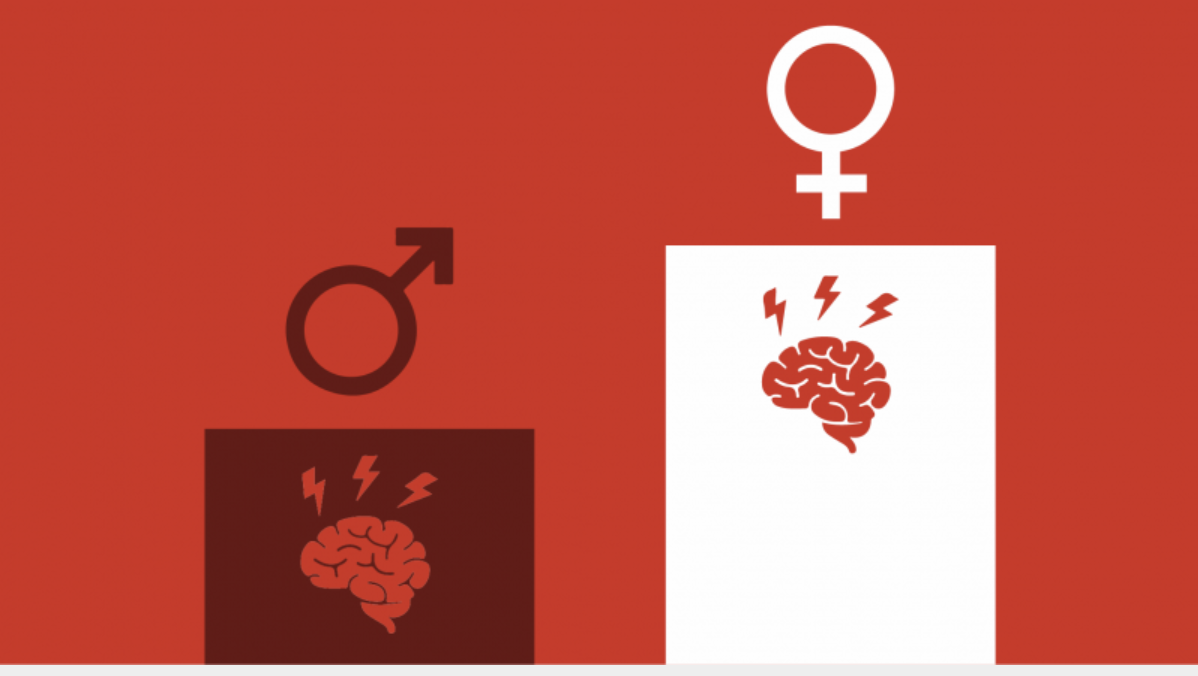News
How can we best celebrate women? By looking after their health

An excerpt from Euractiv, How can we best celebrate women? By looking after their health, published by Eli Lilly.
“According to the World Health Organization (WHO) Europe, gender inequalities and stereotypes result in women experiencing lower life satisfaction from an early age, disparities in the workforce, and ill health.[1]
One health condition that disproportionately affects women is migraine. Migraine, which affects more than one in ten (11.4%) people in Europe,[2] is three to four times more prevalent in women than men.[3] Often dismissed as just a bad headache, migraine is a complex, debilitating neurological disease that can rob women of their right to fully live, work and contribute to society. […]
Reducing stigma and taking the disease seriously
Gender stereotypes and misconceptions around how men and women deal with specific symptoms of migraine, along with the fact that the condition is not visible to everyone, all contribute to the stigma women with this condition face.[5] When women are speaking out about their migraine symptoms, people often see them as ‘complaining about just a headache’.[4]
This could lead to the severity of their condition being dismissed. Women may feel that they cannot seek help or speak out, potentially leading to late diagnosis, the wrong diagnosis or none at all.
Need for early diagnosis and better care pathway
Almost 70% of people with migraine do not seek medical advice for their symptoms[6] – many of whom are women. Alongside this, the care pathway for migraine is often riddled with gaps, which can result in delayed or lack of diagnosis, preventing people with migraine from receiving the best possible care.[7]
Research around gender-specific factors can provide better understanding of both biological and socio-cultural aspects of migraine and can therefore inform tailored approaches that can enable women to receive the care they need and deserve.[4]
Improving work related outcomes for women with migraine
For everyone million people in Europe, an estimated 400,000 days of work or school are lost each year due to migraine.[8] Productivity can be significantly impacted if there are not workplace policies that specifically provide support for those with migraine, such as flexible working hours and the availability of darker meeting rooms. According to a survey by the EMHA, 95% of women with migraine feel that they cannot fully perform at their job due to their condition.[9] Migraine peaks around the years when women are at their most productive and are progressing through their career paths. Migraine can therefore impact their ability to stay in and remain productive at work,[10] potentially leading to further repercussions on businesses, economies, and societies.”
